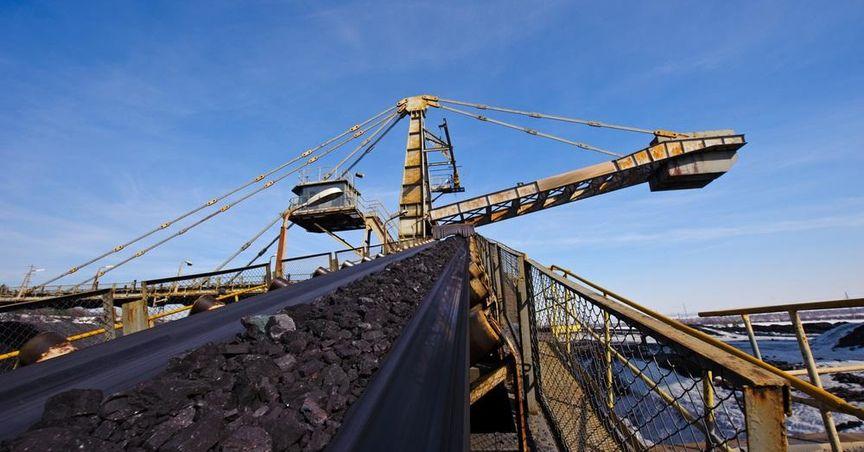Highlights
The FTSE 100, a major benchmark tracking large-cap equities in the United Kingdom, shows signs of recovery as broader market sentiment aligns with improving consumer confidence. This boost emerges despite persistent uncertainties tied to global energy markets and mounting geopolitical developments, particularly in the Middle East.
Improved consumer confidence in the UK has played a critical role in supporting the broader FTSE ecosystem, which includes the FTSE 350 and other sectoral indices. Positive domestic sentiment has translated into upward momentum for futures linked to blue-chip companies, providing a partial counterbalance to inflationary pressures caused by climbing oil prices and travel-related disruptions.
Crude oil prices have shown consistent upward pressure over recent sessions due to instability in energy-producing regions. This trend continues to impact several industries, including transportation and manufacturing. UK-based airlines are likely to experience operational challenges due to heightened travel advisories in the Middle East, particularly regarding routes connected to Lebanon. Despite these headwinds, copper prices remain largely stable, reflecting a sustained equilibrium between industrial demand and supply chain flow.
Precious metals, particularly gold, have seen softened demand as market participants reassess their asset allocations. The shifting focus from safe-haven investments has influenced gold valuations, while other commodities remain comparatively neutral. This realignment occurs alongside financial market volatility and evolving central bank policies.
The Bank of England’s recent decision to maintain current borrowing costs has introduced a fresh variable into UK market dynamics. While holding rates steady aims to manage inflation and support economic activity, the outcome also adds complexity for sectors closely tied to consumer expenditure and discretionary spending. Market participants continue to evaluate how long-term earnings could be shaped under these monetary conditions, especially with foreign policy risks lingering in the background.
London-listed companies within the consumer and energy sectors remain at the centre of attention. The FTSE 100 shows signs of resilience in the face of broader uncertainties, though performance varies across subsectors. This is evident in how equities are reacting to both local economic indicators and global events that ripple through supply chains and commodity prices.
The influence of travel disruptions and elevated energy costs may extend into companies with international exposure, particularly those linked to logistics and aviation. Some businesses with consistent dividend issuance continue to attract interest for their stable payout ratios, which may be referenced in tools like FTSE Dividend Yield Scan and FTSE Highest Dividend Yield Scan, as shareholders monitor yield sustainability amid inflation concerns.
Overall, the interplay between strong domestic sentiment and global instability underscores the importance of tracking performance across indices such as the FTSE AIM 100 Index and FTSE AIM UK 50 INDEX, which include small and mid-cap entities potentially more sensitive to shifts in economic policy and international tensions.
In this evolving landscape, the UK market landscape reflects both resilience and responsiveness to global and regional developments that continue to shape the economic narrative.





